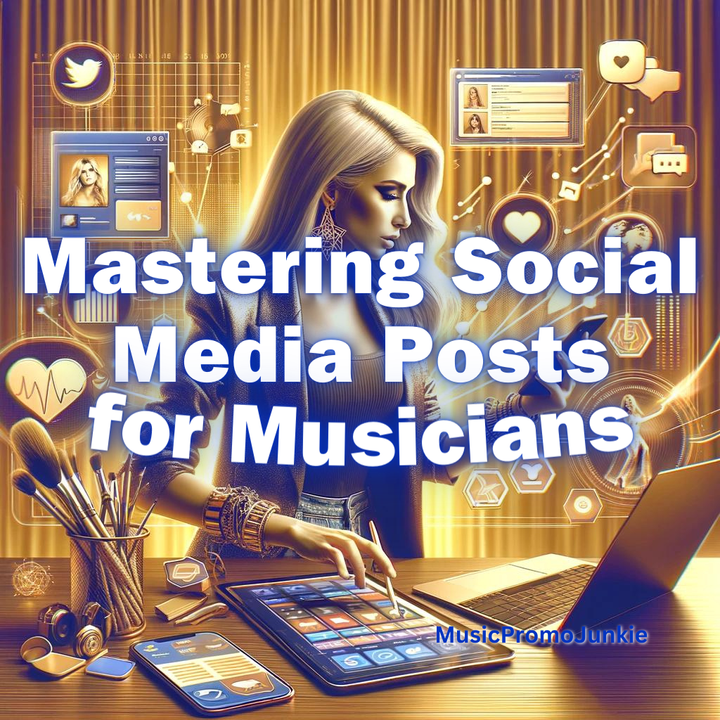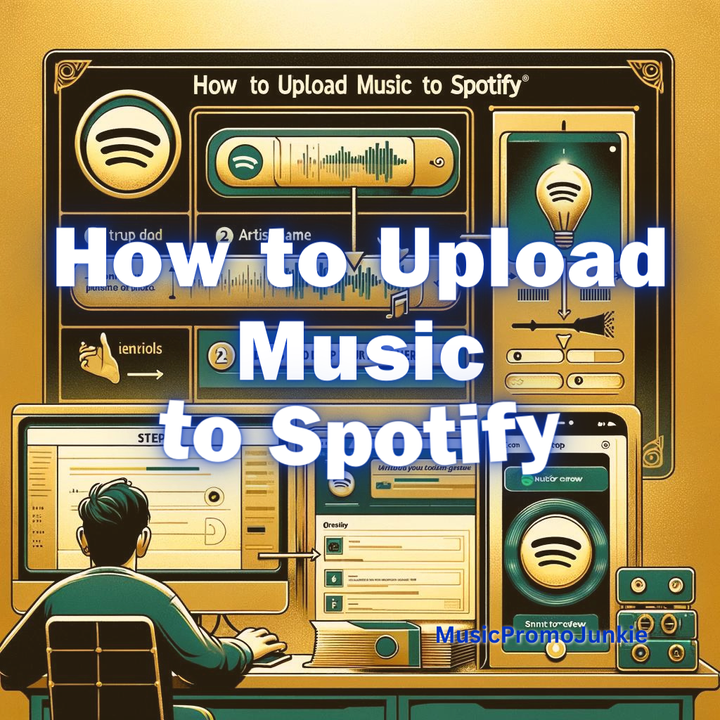What's The Best Way To Promote My Music?
Join our community today for FREE music promotion strategies that empower artists to build lasting fanbases.
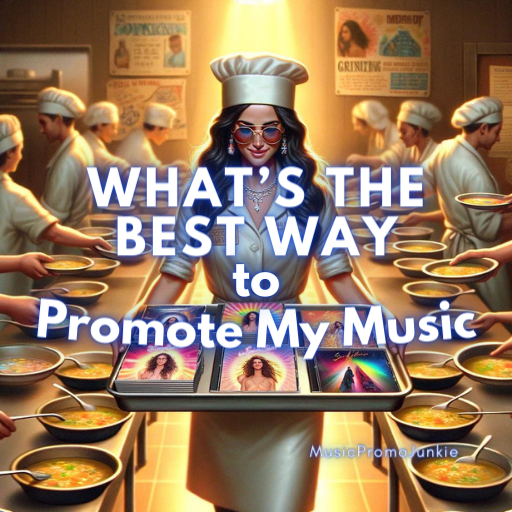
Welcome to this edition of our newsletter, where we dive deep into the essentials of music marketing and promotion, tailored for recording artists, musicians, artist managers, and record labels seeking lasting impact in the industry.
We’re unraveling the keys to building a sustainable career in music by focusing on strategies that matter most. In this issue, you’ll discover:
- The critical difference between music marketing and promotion, and why mastering both is essential for your success.
- The power of “why” in connecting with your audience on a deeper level.
- How to craft your unique artist brand story that resonates with fans and sets you apart.
- Effective ways to create your brand that reflects your musical identity and values.
By the end of this newsletter, you’ll be equipped with actionable insights and strategies to enhance your music marketing efforts, deepen your connection with fans, and carve a distinctive path in the music world.
And you’ll learn what it means when we say “Community-First!”

In the realm of music marketing, adopting a “Community-First” approach is not just a strategy; it’s a philosophy that champions the creation and nurturing of a dedicated fan base.
This approach emphasizes the importance of building relationships with fans well before pushing sales pitches or merchandise.
Here’s how the “Community-First” philosophy benefits artists:
- Build a Loyal Fanbase: By focusing on community, you’re investing in relationships that transcend the transactional nature of buying and selling music. This loyalty pays dividends in sustained support.
- Engage Even Without a Product to Sell: The aim is to remain connected with your audience, sharing insights, stories, and experiences that keep them engaged and interested, regardless of whether there’s new music to promote.
- Ready Audience for New Releases: When you do have new music or merchandise, you’ll have an eager audience, primed and ready to support your latest project.
“Community-First” is about laying a foundation for a career that lasts. It’s a long-term investment in the people who make your music career possible.
By prioritizing your community, you ensure that when it’s time to share your latest work, you have a supportive and engaged audience waiting.
But why do so many musicians struggle to see significant results from their music promotions?
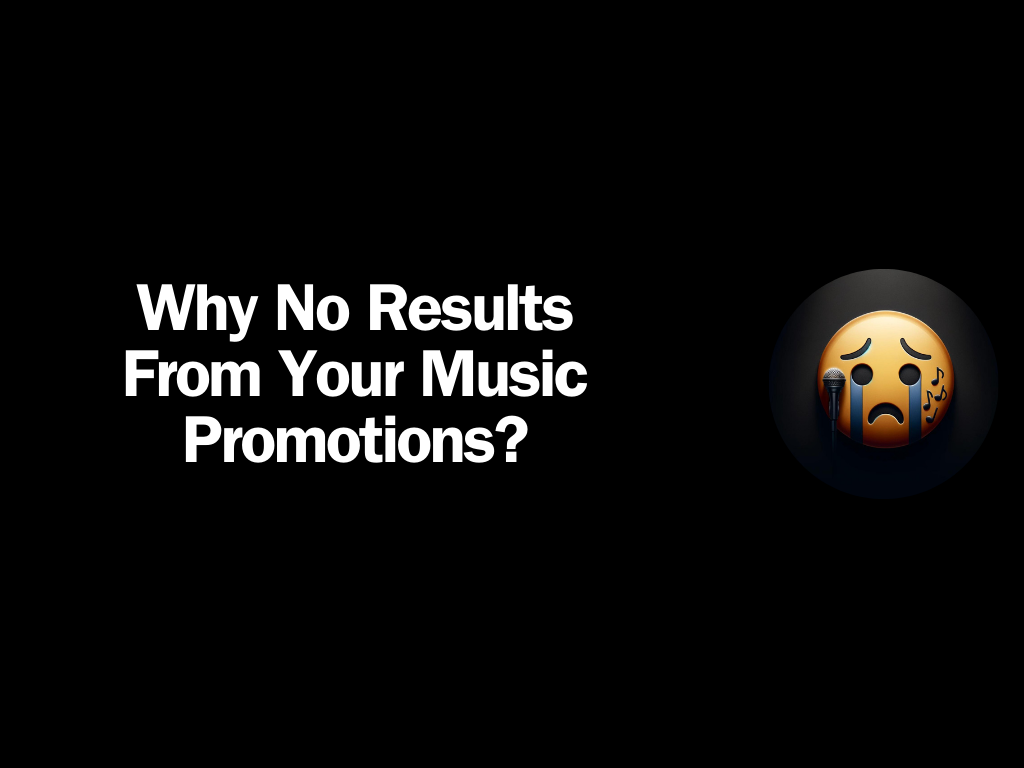
Many musicians find themselves perplexed by the lack of significant results from their music promotions, even after deploying various strategies, from social media blasts to engaging PR firms and publicists.
The question arises: where does the problem lie? Is it the artist or the quality of their music?
Interestingly, the issue often resides neither with the artist nor their music, but in the approach to promotion itself.
The core of the dilemma is that many musicians are fixated on immediate visibility and sales, focusing narrowly on the promotional aspect without considering the broader spectrum of music marketing.
Music marketing is not just about pushing the current product; it’s a comprehensive strategy that involves communicating the overall value of the artist, their music, and their brand to both existing and potential fans.
The essence of effective music marketing lies in the ability to convey why the audience should engage with the artist’s work and support their journey in the long term.
This requires a deep dive into understanding the audience’s interests, crafting a narrative that resonates with them, and explaining why the artist’s music matters.
It’s this “Why” that bridges the gap between simple promotion and meaningful engagement, turning passive listeners into active supporters and advocates for the artist’s career.
This strategic shift from immediate promotion to long-term marketing engagement is crucial for achieving sustainable success and building a dedicated fan base.
It’s the “Why” that makes all the difference…
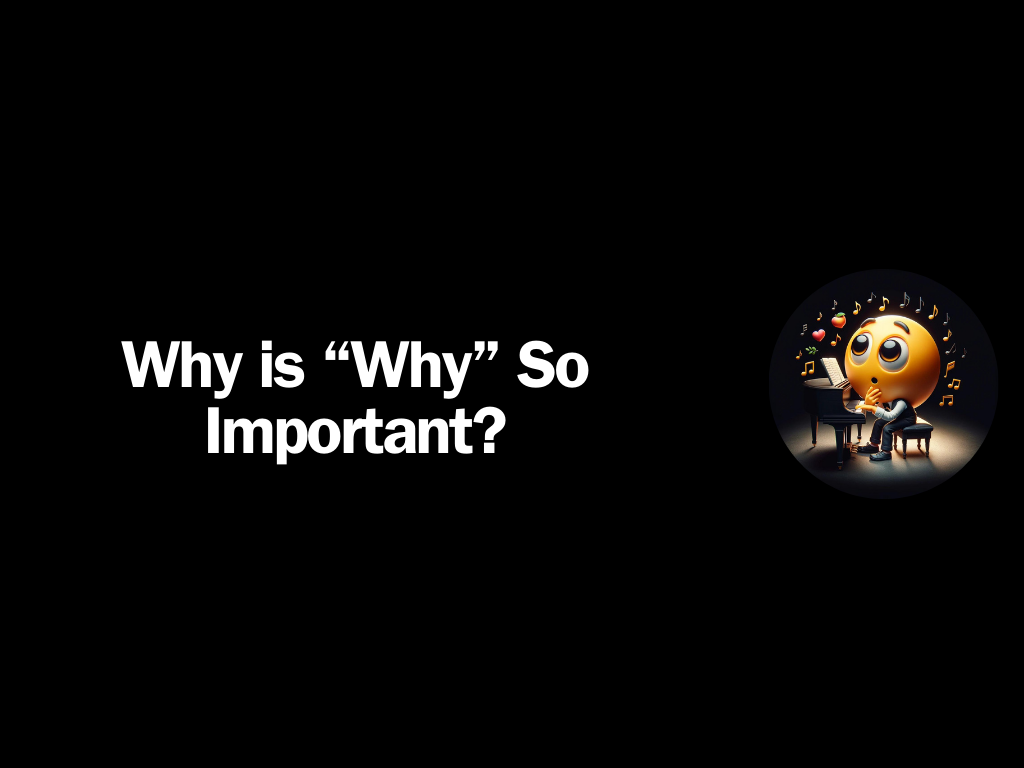
In today’s music climate, possessing talent and creating good music are essential, but they’re no longer the sole factors determining a musician’s success.
The “why” behind an artist’s journey plays a pivotal role.
It’s not just about the music one creates but the story and motivations driving that creativity.
This aspect is crucial because, with millions of talented individuals capable of singing, playing, and writing, what truly captures the audience’s attention is the artist’s personal narrative.
It’s the reasons why an artist pursues music, the inspiration behind their songs, and the connection these stories establish with the audience that set them apart.
Understanding and communicating one’s “why” transforms music from mere sound into a shared experience, deeply resonating with listeners and fostering a stronger, more engaged fan base.
This is what makes the “why” a fundamental component of a successful music career.
Yet, the narrative shouldn’t stop there…
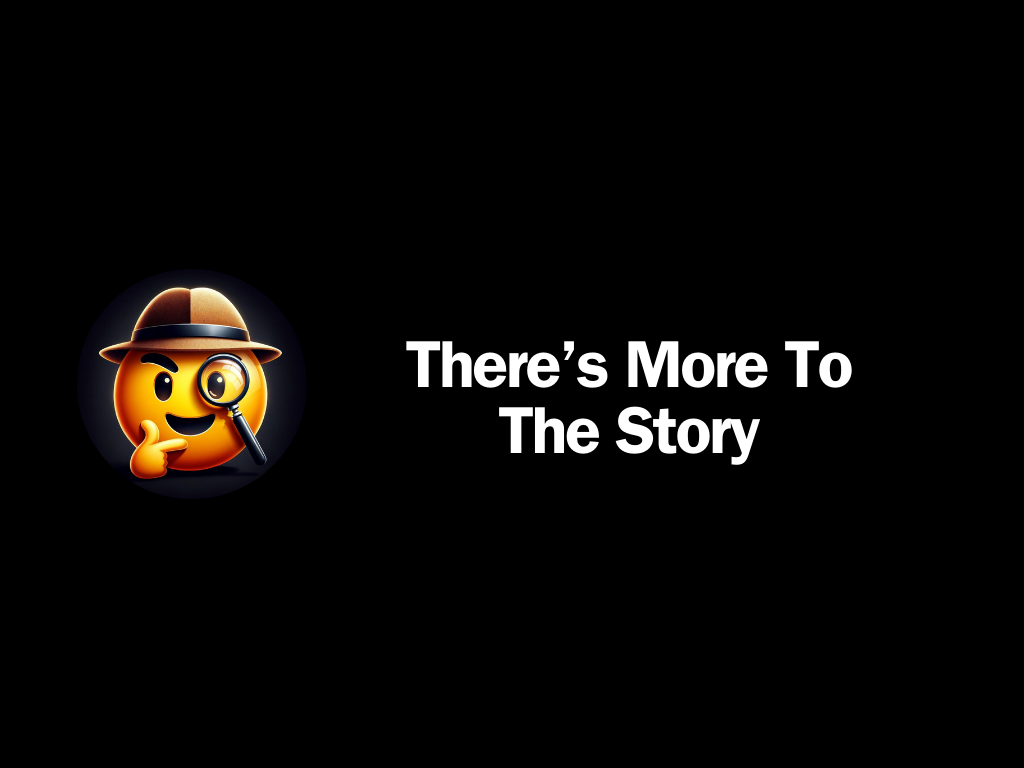
Delving deeper into the music promotion conundrum, it becomes apparent that the narrative extends beyond the conventional tactics of releasing music or engaging with fans through social media and live performances.
The real crux of the matter lies in how artists present themselves and their music to the world, transforming mere auditory experiences into compelling stories that captivate the audience’s imagination.
In this modern music landscape, where digital platforms provide unlimited access to music from around the globe, the act of buying music has evolved.
Today, fans are not just investing in songs or albums; they’re buying into the artists themselves—their stories, their values, and the unique essence they bring to the musical tapestry.
This shift underscores the importance of storytelling in establishing a successful music career.
Artists who master the art of storytelling, who can weave their narratives seamlessly into their music and marketing efforts, are the ones who create a lasting impact.
This storytelling isn’t confined to the lyrics of a song or the aesthetic of a music video; it permeates every aspect of the artist’s public persona.
From social media interactions to live performances, every touchpoint with fans is an opportunity to reinforce the artist’s narrative.
Even the way artists approach collaborations, engage with fans, or participate in social causes contributes to the overarching story they’re telling.
The ability to craft and communicate a compelling story is what elevates an artist from being just another musician to becoming a memorable brand.
It’s the story that creates an emotional connection, encourages fan loyalty, and ultimately, supports a thriving music career.
This narrative approach to music marketing and promotion is what makes the difference, offering a richer, more engaging experience to fans and setting the stage for lasting success in the industry.
So, how does one effectively employ storytelling in music marketing and promotions?
Through your music marketing and promotions that’s how…
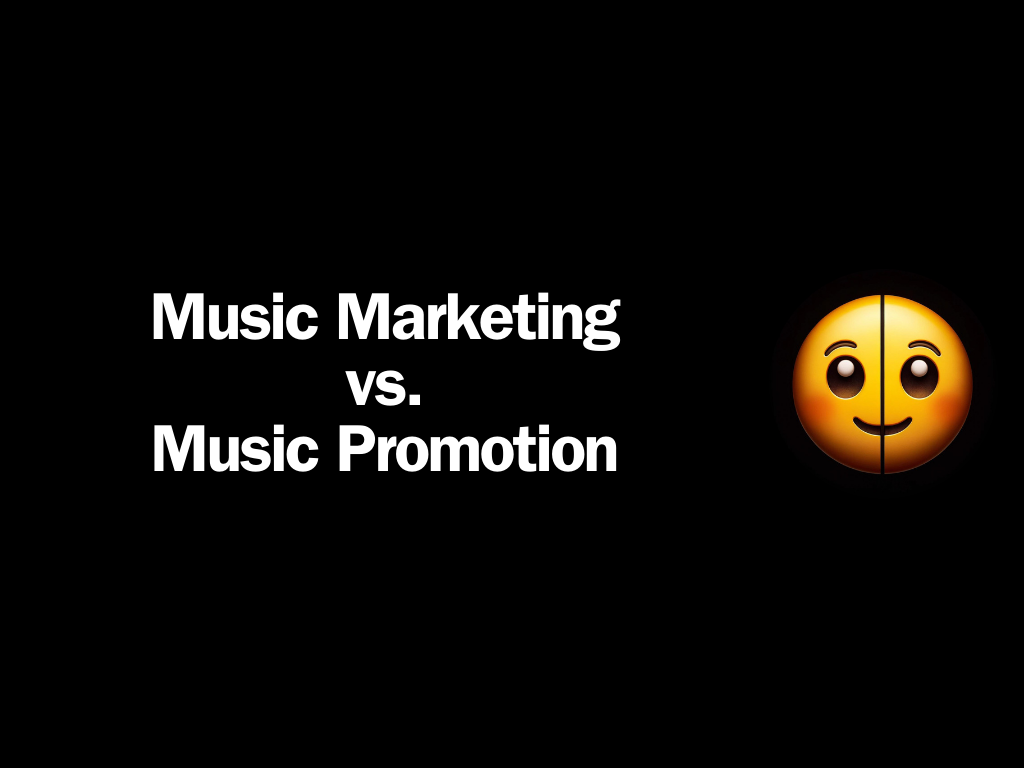
The distinction between music marketing and music promotion is crucial yet often misunderstood within the music industry.
Understanding this difference is not merely academic; it directly impacts an artist’s approach to engaging with their audience and selling their music.
Music marketing encompasses the broader strategy of establishing a lasting relationship with fans.
It involves a comprehensive understanding of the artist’s value proposition to both current and potential fans.
The aim is to communicate why the audience should care about the artist, buy their music, and support their career over the long term.
- Example: An example of music marketing could be sharing personal stories or the inspiration behind a song on social media, thereby connecting with fans on a more personal level.
This strategy aligns with what the artist stands for and helps in building a community around shared values and experiences.
On the flip side, music promotion focuses on generating immediate awareness for a specific product or event.
This is about bringing attention to what the artist is currently offering, like a new album release or an upcoming concert.
- Example: A typical music promotion activity could be distributing flyers for a concert or posting about it on social media platforms.
The primary goal here is to drive immediate sales and increase visibility for that particular offering.
The key takeaway is that marketing and promotion serve different purposes within the ecosystem of an artist’s career.
Marketing is about building and nurturing a fan base by highlighting the artist’s overall value and fostering a deeper connection.
In contrast, promotion is aimed at generating short-term sales and buzz for specific music products or events.
Recognizing and implementing both effectively can significantly enhance an artist’s ability to connect with their audience and achieve sustained success in the music industry.
So now that you understand the difference between music marketing and promotions let’s dig a little deeper into how storytelling relates to your music career…
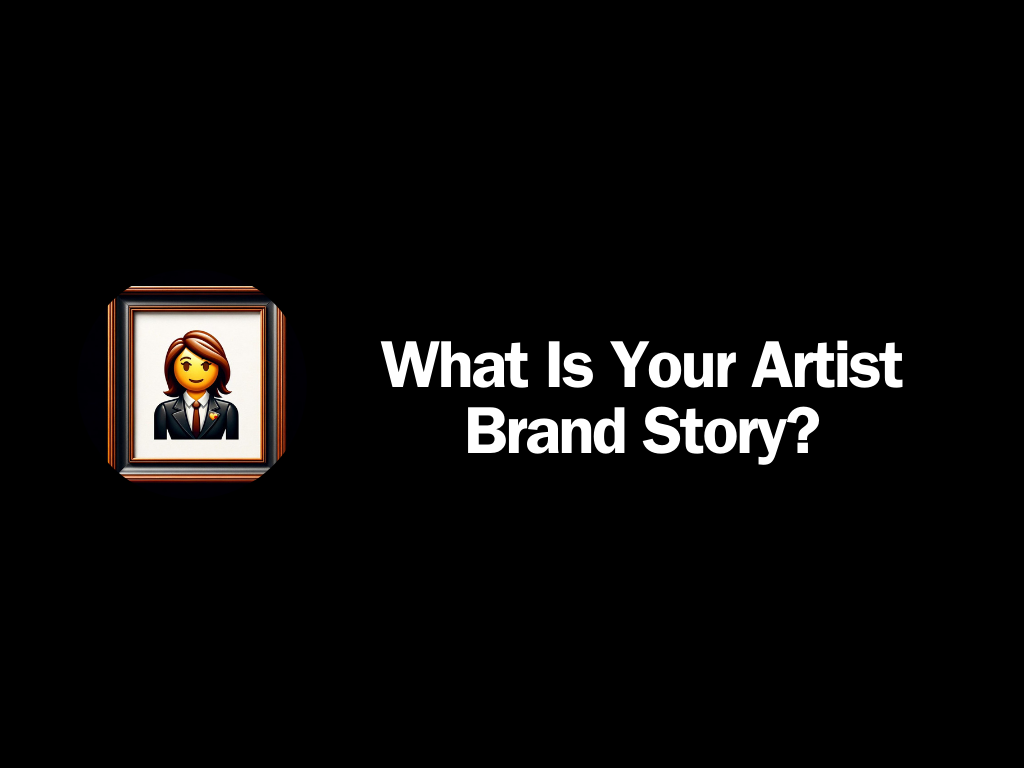
Your artist brand story is more than just a biography; it’s the essence of who you are as an artist and why your music matters.
It’s the narrative that connects you with your audience on a deeper level, transforming them from passive listeners to engaged fans.
Here’s how to craft your compelling artist brand story:
- Identify Your Why: Start with the core reason you make music. Is it to inspire, to entertain, to provoke thought? Your “why” is the foundation of your story.
- Highlight Your Musical Journey: Share how you’ve evolved as an artist. Include pivotal moments, challenges overcome, and milestones reached.
- Connect Through Shared Values: Find common ground with your audience. Whether it’s a love for a genre, a passion for certain themes, or a dedication to a cause, shared values forge stronger connections.
- Emphasize Your Uniqueness: What sets you apart from other artists? Is it your sound, your lyrics, your background? Highlight what makes you unique.
Your artist brand story is a powerful tool in your marketing arsenal.
It’s not just about selling music; it’s about building lasting relationships with your fans.
By sharing your journey, your motivations, and what sets you apart, you invite listeners into your world, creating a loyal community around your music.
This gives your audience a reason as to why they should follow your music career and your Brand…

Creating your brand in the music industry is about distinguishing yourself in a sea of talent.
It’s a vital process that involves defining and communicating your unique identity to your audience.
Here are the steps to create a brand that resonates with your fans and reflects who you are as an artist:
- Define Your Musical Identity: This includes your genre, influences, and the unique sound that sets you apart from others. Your musical identity is the cornerstone of your brand.
- Articulate Your Values and Beliefs: What do you stand for? Your values and beliefs connect you with like-minded fans, creating a deeper sense of community around your music.
- Share Your Story: Every artist has a story. Yours might include your journey into music, the challenges you’ve faced, and what inspires you. Your story is a powerful tool that personalizes your brand.
- Visual Aesthetics and Style: The visual components of your brand, such as logos, album covers, and social media graphics, should reflect your music’s essence and personality.
- Engage with Your Audience: Build your brand through interaction. Engage with your fans on social media, at shows, and through your content. Authentic engagement strengthens your brand’s presence.
Creating your brand isn’t just about marketing; it’s about crafting an authentic identity that fans can relate to and rally behind.
A well-defined brand helps fans understand who you are and what you represent, setting the stage for a deeper connection and lasting loyalty.
Conclusion: Why Community-First Matters
In the realm of music marketing and promotions, prioritizing a Community-First approach is not merely one strategy among many; it is foundational for a career marked by longevity and meaningful connections.
This method transcends the transactional nature of conventional marketing tactics, fostering a deep, enduring relationship with your audience.
By engaging fans not as mere consumers but as integral members of a shared journey, artists cultivate a resilient and supportive community poised to accompany them through the evolving landscapes of the music industry.
At MusicPromoJunkie.com, we stand by the belief that while various paths exist, centering community is the most fulfilling and effective strategy for artists aspiring to not only succeed but thrive in their musical endeavors.
For more insights and music promotion tips, visit us at MusicPromoJunkie.com.
FAQ's Section:
Why does prioritizing a Community-First approach matter in music marketing?
Adopting a community-first approach means investing in relationships that go beyond transactions. By engaging with your audience and sharing insights, stories, and experiences, you build a loyal fan base ready to support your music. This foundation of trust and connection is essential for sustainable success and longevity in your career.
Why is the 'Why' behind my music important?
Your ‘Why’ connects your music with your audience on a deeper level. It’s the story and motivation behind your artistry that makes listeners care and engage beyond the sound. This emotional connection fosters a more engaged and loyal fan base.
What's the key difference between music marketing and promotion?
Music marketing is about building a long-term relationship with your fans, focusing on communicating your overall value and why people should listen to your music. On the other hand, music promotion targets immediate awareness for specific releases or events, aiming to generate quick sales and visibility.
How can I create a compelling artist brand story?
Start by defining your core reason for making music, share pivotal moments in your musical journey, connect with your audience through shared values, and emphasize what makes you unique. Your artist brand story should encapsulate the essence of who you are and resonate with your fans.
“MusicPromoJunkie: Hitting The Right Notes With Your Music Promotion.”

